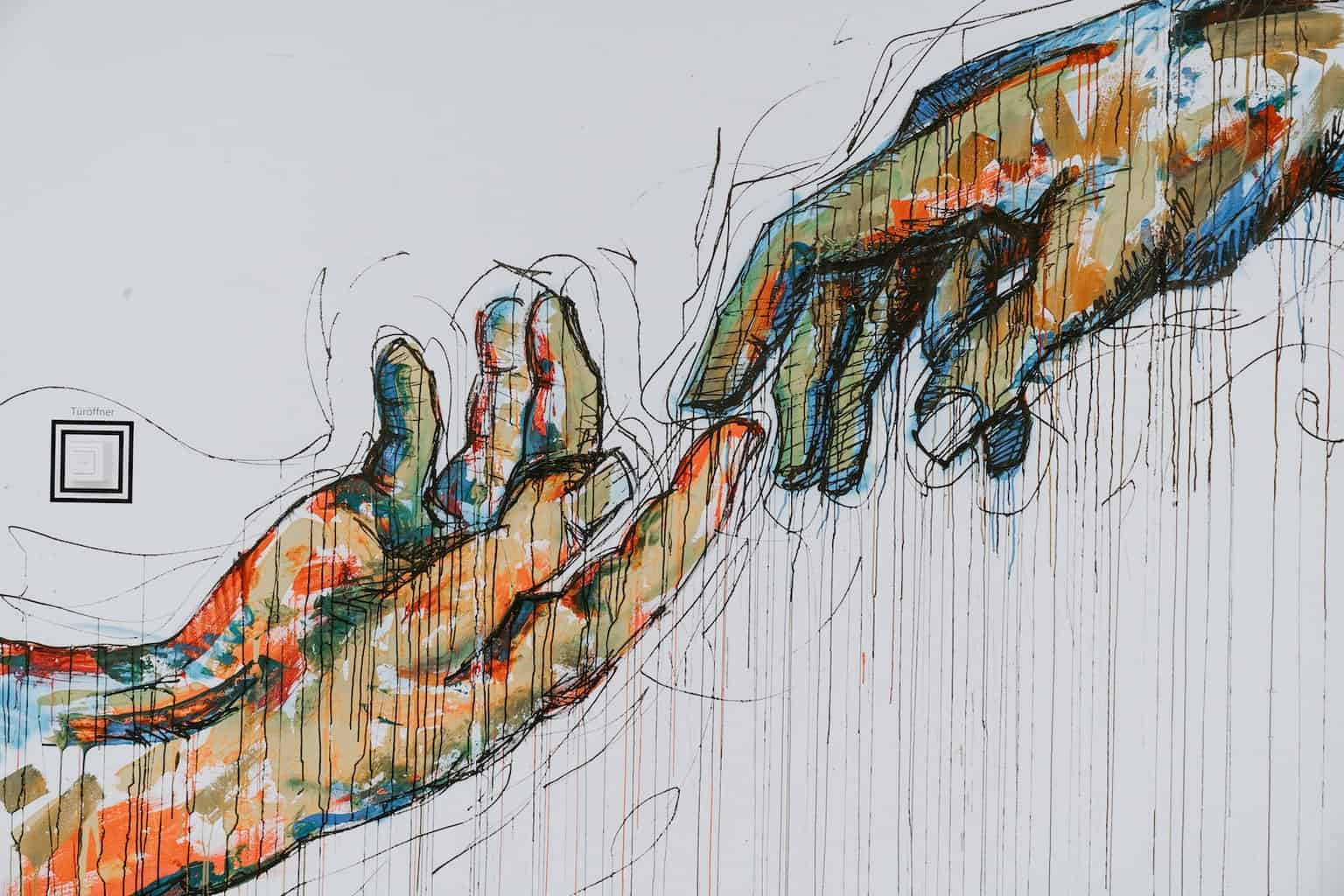Although it has only been some weeks since the results of the 2023 Council elections, already there is discussion within unionist circles on how best unionism can prepare itself for the next foreseeable election: the general election, which is scheduled to be held no later than the 28th January 2025.
The Purpose of Pacts
Nationalists and republicans view unionist pacts very negatively, even though political nationalism and republicanism have used pacts historically in attempts and to actually defeat unionist candidates.
Nevertheless, within unionism, a positive case for pacts is made in that they provide unionism a real chance to win the seat if it is agreed that only one unionist candidate runs. Pacts can help maximise the number of unionists elected (as in 2015 when 11 unionist MPs were elected against 7 nationalist MPs) and in the case of where an abstentionist holds the seat, pacts can provide the electorate with a real chance of electing an MP who will take their seat in Parliament (this will likely be the DUP’s message in North Belfast in an attempt to win the seat back from Sinn Fein).
The rationale behind pacts is due to the electoral system first-past-the-post which often turns elections into two-horse races. So within unionism where there are multiple unionist parties competing against each other, many unionists will often suggest working together as a remedy to this. An example of where this co-operation might work would be in North Down, when in 2019 the Alliance Party won the seat against a split unionist vote between the DUP, UUP and Northern Ireland Conservatives.
Pacts are controversial in Northern Ireland but electoral alliances are regularly done in other countries all over the world. It is tactical in trying to win seats and arguably strategic in the overall cause. Many proponents of pacts argue support for unionism is measured electorally in the number of seats it has as a bloc. This therefore might influence whether a border poll is called or not and certainly nationalists will use election results as evidence of its support such as when Sinn Fein became the largest party in the Northern Ireland Assembly in 2022.
The Problems with Pacts
However, pacts can also backfire. They can motivate opposition to them in terms of turnout and even other candidates withdrawing to help the opposition. An assumption is also made that unionists will vote for the agreed candidate. There will always be UUP voters who will never vote DUP and DUP voters who will never vote UUP. Likewise, a TUV voter may prefer a TUV candidate and may not vote DUP or UUP. In these cases, a unionist candidate that is not affiliated to any unionist party could be agreed. However, finding a suitable non-party candidate to stand can be difficult and they will need to build their profile and inform voters of where they stand on issues if they are not already in elected politics.
Agreeing pacts in themselves can be a challenge. Negotiations between unionist parties can go backwards and forwards for months as each party will want to ensure they get the best deal possible from their point of view and that that their own party supports the understanding. This often means compromises have to be made and this can also mean in some constituencies a pact may not even be agreed.
The DUP as the leading unionist party and the only unionist party with elected representation in the Commons will have the advantage of incumbency in pacts. This advantage does not extend to the UUP, which would have a more difficult challenge to win any seats in any pact-agreed constituencies. The UUP would also have to forego its liberalisation message if it entered into a pact with the DUP, formally or informally, as they would face criticism from the Alliance Party and maybe even internal opposition (former UUP MLAs Basil McCrea and John McCallister resigned from the UUP in 2013 over the UUP agreeing to an electoral pact with the DUP).
Though, the UUP also knows it needs to win seats in the short term for relevancy and pacts might be a realistic chance of doing that. It is assumed that pacts disadvantage the UUP however, this was not so in the 2015 general election where the UUP won the MP seat from Sinn Fein in Fermanagh and South Tyrone. In 2017 however, Sinn Fein won the seat back again and maintained it in 2019. The history of general elections in Fermanagh and South Tyrone are often won and lost narrowly (by four votes as happened in 2010 between independent agreed unionist candidate Rodney Connor and Sinn Fein’s Michelle Gildernew) so this is a constituency where pacts make sense due to it being a contest between a unionist and a nationalist.
Conclusion
The next general election is already shaping up to be crucial in deciding Northern Ireland’s future. It will be interesting to see if unionism agrees to electoral pacts or not and if unionism does, what nationalism’s response will be. The growing Other bloc led by the Alliance Party will also be decisive in certain constituencies. Both unionism and nationalism will need to win centre-ground support to be successful in our ever-changing politics.
Michael Palmer holds a degree in Politics from Ulster University and is interested in political ideology, the politics of popular culture and wrote a dissertation on unionism/loyalism.
Discover more from Slugger O'Toole
Subscribe to get the latest posts to your email.
